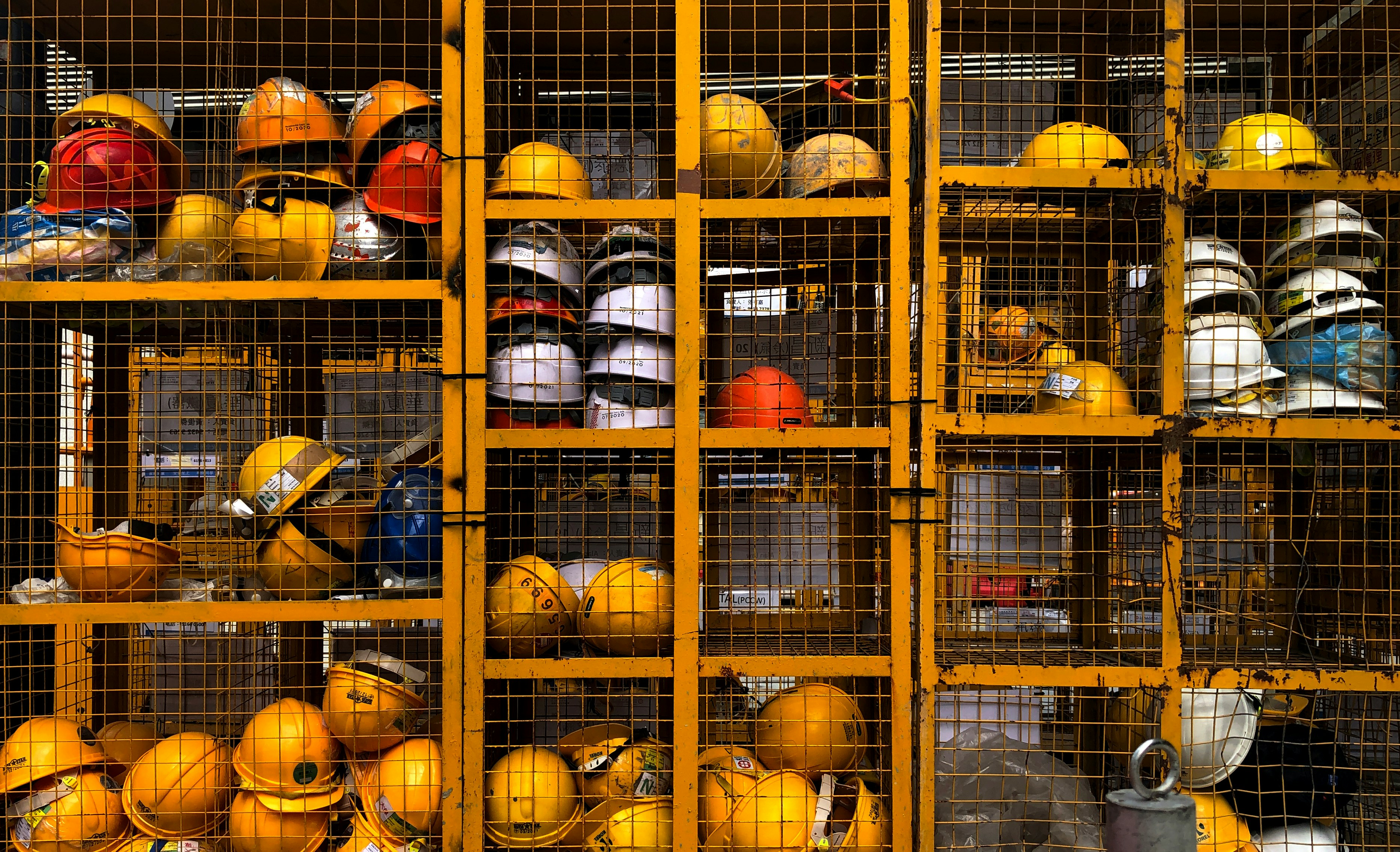What is Direct Representation in customs and how does it benefit your business?
Learn how direct representation in customs can benefit your business. Streamline processes, leverage expertise, and maintain control while ensuring compliance with import/export regulations.


What is Direct Representation?
Direct Representation plays a key role in the world of customs and international trade. It involves a customs broker acting on your behalf, but under your name, to facilitate customs processes.
Who’s involved?
- You (the importer or exporter) and a customs broker or representative.
- The customs broker acts as your intermediary but operates under your name to ensure compliance with customs regulations.
Legal responsibility
- Even though the customs broker assists with the process, you remain legally responsible for the customs declaration and compliance.
- The broker’s role is to facilitate the process without taking on legal liability.
Why use Direct Representation?
- Efficiency – Speeds up complex customs processes.
- Expertise – Leverage the knowledge and experience of a skilled customs broker.
- Control – Maintain overall control while benefiting from the broker's expertise.
Why use Direct Representation?
Direct Representation is invaluable for businesses involved in international trade, especially those dealing with customs procedures regularly. Here’s why it’s a smart choice:
Efficient customs handling
- Benefit – Direct Representation streamlines customs processing.
- Scenario – If your company regularly imports or exports goods, a customs broker acting on your behalf ensures smooth processing of paperwork, documentation, and compliance with customs regulations.
Expertise without losing control
- Benefit – You gain access to the broker’s expertise while keeping control of the process.
- Scenario – Direct Representation allows you to leverage the broker’s deep knowledge without surrendering control over the operation, ensuring your needs are prioritized.
Cash flow management
- Benefit – Direct Representation can improve cash flow.
- Scenario – Instead of making upfront payments for import duties and VAT, you can defer them until your regular VAT return, providing more flexibility with cash flow management.
Legal responsibility remains with you
- Benefit – You maintain legal responsibility for your customs declarations.
- Scenario – While the broker manages the process, any errors or issues related to customs declarations are your responsibility. However, having a reliable direct representative ensures smooth operations and minimizes errors.
How does Direct Representation work?
Agreement
- You authorize the customs broker to represent your business in customs matters.
- The broker acts on your behalf to make customs declarations in your name.
Customs declarations
- The broker handles all paperwork, documentation, and compliance checks.
- You provide the necessary shipment details, and the broker ensures the declaration meets all requirements.
Liability
- You remain legally responsible for customs declarations and any associated errors.
- The broker serves as an intermediary, facilitating operations and ensuring compliance on your behalf.
Steps to take for Direct Representation
Choose a customs broker
- Select a reputable customs agent or freight forwarder with expertise in Direct Representation.
- Ensure that they have experience in handling the specific customs procedures relevant to your shipments.
Provide comprehensive instructions
- Clearly communicate your requirements for customs clearance.
- Verify that the customs entry aligns with your specific instructions to avoid errors.
Conclusion
Direct Representation simplifies the customs process while allowing you to retain control of your international shipments. By leveraging the expertise of a customs broker, you can streamline operations, manage cash flow, and ensure compliance with customs regulations. For businesses that frequently import or export, Direct Representation is an invaluable tool to optimize logistics and minimize delays.
If you're dealing with VAT compliance as well, you might need Fiscal Representation to handle your tax reporting.
Learn more about customs processes in Customs Clearance in the Netherlands.
Related content
Short section heading goes here
Suspendisse varius enim in eros elementum tristique.

.jpeg)
